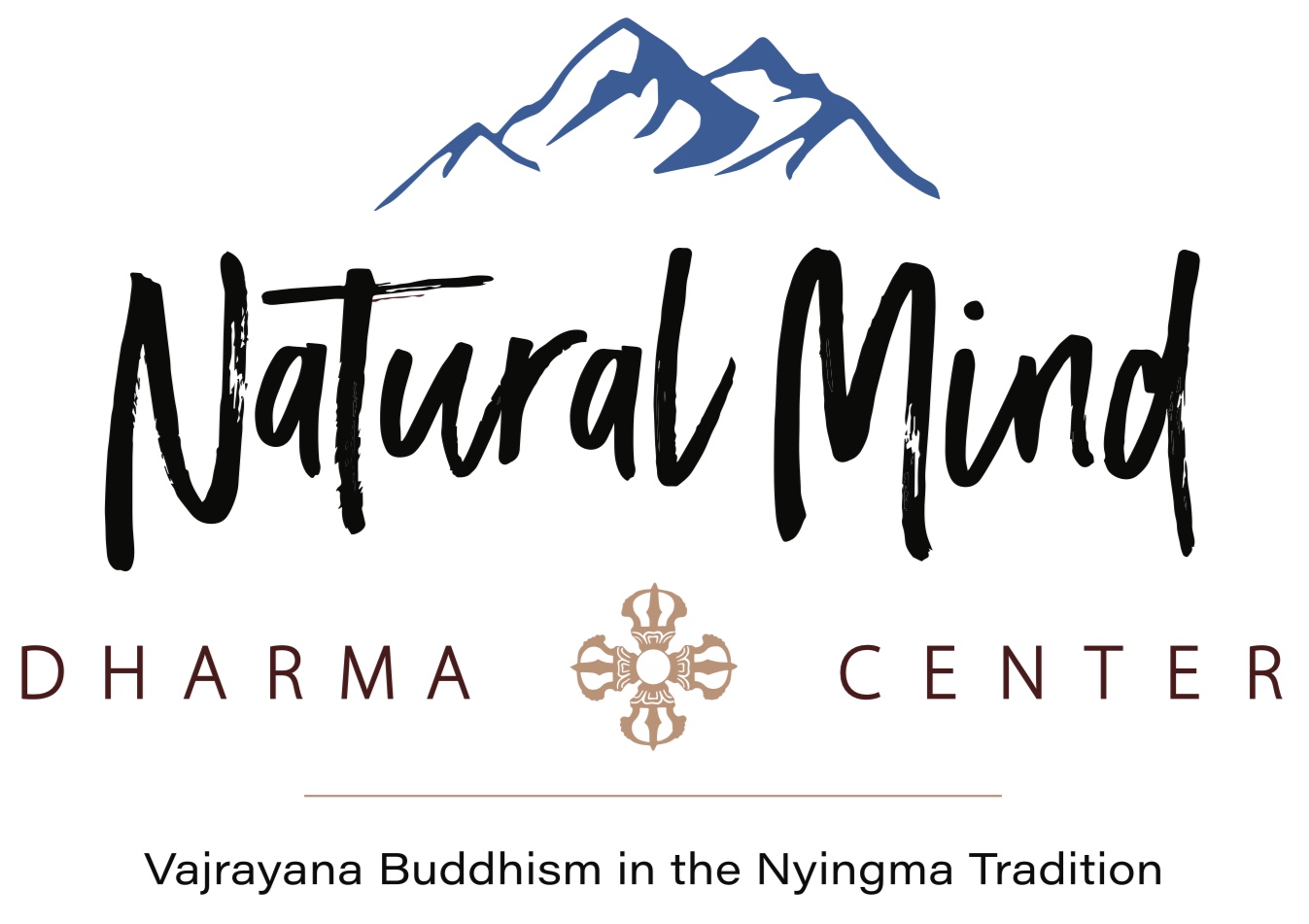In Any Company, Happy
I wrote this on Friday the 13th and the day was rather uneventful. It is supposed to be unlucky, but I did not notice anything unusual. Actually, it was quite a nice day, albeit rainy. Everything flowed from moment to moment without any glitches. It did not seem thirteenish. I wonder why we insist on assigning meanings to celestial events that happen with or without us. It is just something we do.
I think of the way my mind assigns meanings when nothing has any intrinsic meaning. I play my guitar and later think about having played the guitar. If it was a pleasant experience, every time I look at the instrument, I have a good feeling. Maybe I had one of those uninspired sessions where everything seemed out of tune no matter how hard I tried to create harmony. I then do not think so kindly on that inanimate stringed thing.
This cycle repeats with anything or anyone we experience—one day happy, one day sad. The outward appearing circumstance can remain the same but we have different experiences. The mind paints stories that most often have nothing to do with the event or person. We just decide how we will be in relation to them based upon memories and expectations. And those memories and expectations have no substantial reality. They only appear to exist in the mind that has grown accustomed to them.
During this holiday season we might have traditions to which we have grown accustomed. We want to replay them every year because we have good associations. But sometimes our circumstances change. Maybe our family historical Christmas (or whatever you celebrate) decorations burned in an attic fire. Now we are sad because we cannot replay our tradition in the same way despite the fact the memory remains intact—only the artifact is gone.
When all the external elements of life disappear, who are we? When Buddha woke up to his natural unconditioned mind, all the artifacts and associations fell away. The space remaining was filled with light, the same light that had been illuminating all the memories. Memories are not the light but the light reveals them—they are inseparable. He suggested maintaining awareness of the light of our true nature and we can experience true happiness regardless the memory or circumstances.
“In any company, happy,” as Dudjom Rinpoche wrote. If we practice Dharma, we can liberate our identification with the habits of our mind, and we become more flexible and content. As Dudjom also said, “The root of Dharma is your mind. Tame it and you’re practicing Dharma. To practice Dharma is to tame your mind. And when you tame it, then you will be free!”
